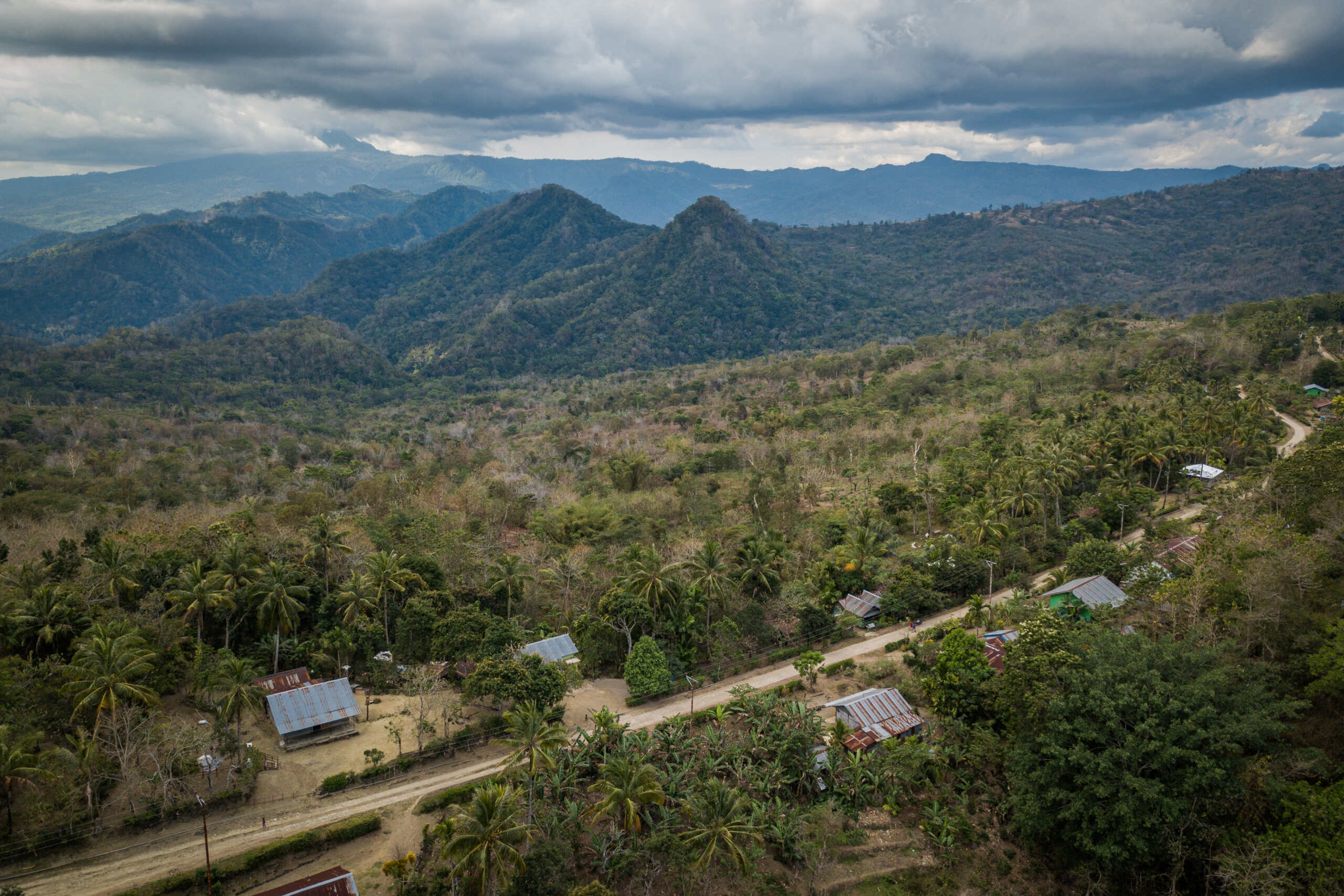Australia’s Foreign Policy White Paper: Promising, with the real proof to come in the Budget papers
Stories | March 15, 2023
CBM Australia welcomes the promise held within the Australian Government’s Foreign Policy White Paper and calls for its commitments to the most marginalised people to be reflected in next year’s Federal Budget.
The White Paper provides direction for Australia’s foreign policy over the decade to come, and outlines a continuing role in advancing the rights of some of the world’s most marginalised people – including women, men, girls and boys with disabilities.
Making welcome commitments towards the implementation of the 2030 Agenda for Sustainable Development, the White Paper provides some assurance that Australia will take seriously the 2030 Agenda’s overarching objective of ‘leaving no one behind’.
“In the eight years since the Australian Government released Development for All, its first strategy towards a disability-inclusive Australian aid program, we have stood proudly on the world stage as a leader in ending the cycle of poverty and disability,” said CBM Australia’s CEO, Jane Edge.
“With this legacy behind us, it is particularly encouraging to see that people with disabilities will continue to be supported through Australia’s development and diplomatic efforts. This work is critical if we are to reach the furthest behind first.”
The White Paper draws particular attention to Australia’s recent successful campaign for election to the UN Human Rights Council, outlining the promotion of the rights of people with disabilities as a core priority for Australia’s term.
“The Australian Government ran a strong campaign, invoking international commitments such as our co-chairing role on the Global Action on Disability Network as evidence of our credibility in advancing the rights of some of the world’s most marginalised people,” noted Ms Edge.
“In 2018, our rhetoric must be made real as we take up this role and work to amplify the voices of people with disabilities who live in disproportionate poverty, experience heightened risk of violence, and are often systemically excluded from the world outside their homes.”
More broadly, the White Paper rightly recognises Australia’s aid program as a foundation for the success of the country’s foreign policy objectives. However, this recognition is at odds with the Australian Government’s plans for the overseas development assistance budget.
“In its White Paper, the Australian Government recognises the value of Australian aid, yet it remains steadfast in its commitment to cut the aid budget via ‘freezes’ over the forward estimates,” said Ms Edge. “This foundation cannot continue to be eroded if we want this ambitious and inclusive foreign policy agenda to succeed.”
“There is a great deal of promise in the White Paper, with the real proof to come in the Budget papers.”
CBM Australia is a Christian international development organisation, committed to improving the quality of life of people with disabilities in the poorest countries of the world.
Photo: Louise, 58 years and her family. Location: Espiritu Santo, Vanuatu 2017. Photo by Erin Johnson, Room3 for CBM Australia.
https://www.cbm.org.au/stories/australias-foreign-policy-white-paper-promising-with-the-real-proof-to-come-in-the-budget-papers
Related Stories

Week 3 – Lent series 2026
This week, we’re reflecting with our colleague Christian, Supporter Relationship Specialist at CBM Australia, who turns to John 13:34–35 (NIV): “A new command I give...

Week 2 – Lent series 2026
As we continue our Lent journey, we’re grateful to share a heartfelt reflection from CBM Australia’s Head of Program Impact Operations, Kieran Cummins, who...

Building inclusive, climate resilient communities in Bangladesh
Highlights from DFAT Post’s visit In January 2026, representatives from the Australian High Commission in...
